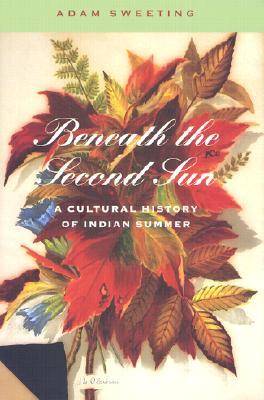Revisiting New England S.
1 total work
Indian summer, the succession of warm, fair days gracing New England in autumn, is a magical period signaling the end of fall, a meteorological event, and a literary metaphor. In this appealing book, Adam Sweeting plumbs Indian summer's use in literature as a symbol of second chance, rebirth, or reprieve before the onset of a harsher season. Sweeting focuses specifically on how New England writers have interpreted this seasonal phenomenon. Mining the works of popular authors including John Greenleaf Whittier, Francis Parkman, Oliver Wendell Holmes, and, especlaily, Henry David Thoreau, Emily Dickinson, and William Dean Howells, Sweeting demonstrates myriad ways in which the season has become inscribed in American culture. Within the context of modern American studies, Sweeting's study is part of a "post-modern" scholarly discussion of how tangible realities such as climate are mediated, even forged, by social needs. Sweeting's graceful, lively, and accessible style beckons not only scholars of American literature and the nineteenth century but any traveler seeking the glories of autumn in New England.
